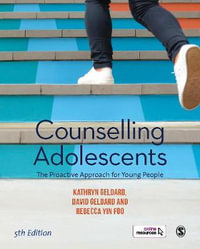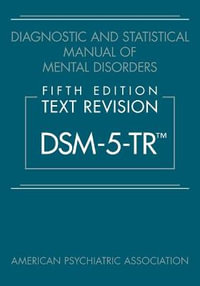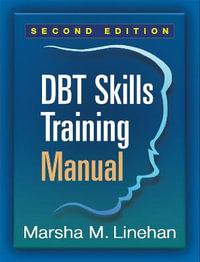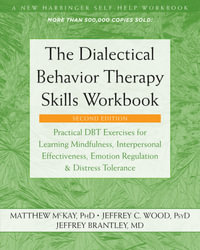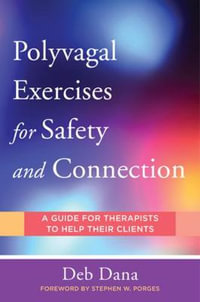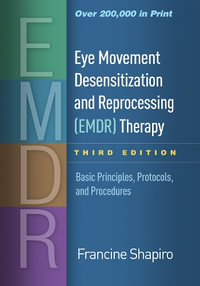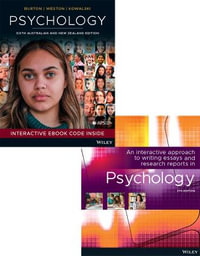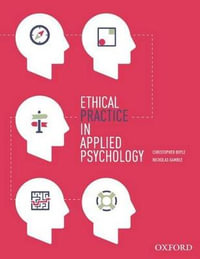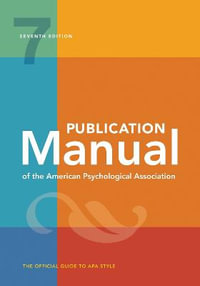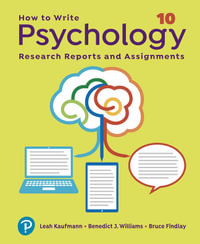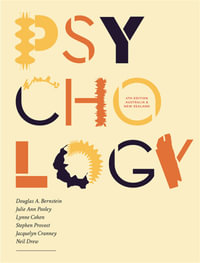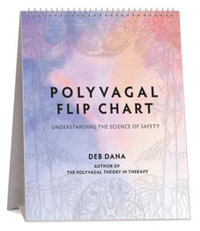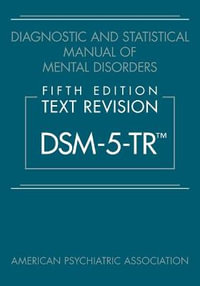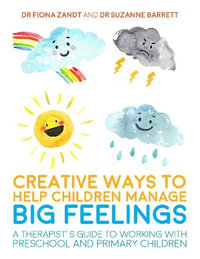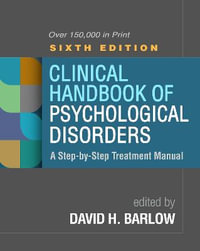Human Development & Performance Throughout the Lifespan, 2nd Edition is ideal for occupational therapy, physical therapy, and other rehabilitation disciplines.
It provides a broad, occupation-based viewpoint of development and performance throughout all life stages with an emphasis on the factors that influence daily participation and optimal performance of desired daily life tasks. The authors use a life course conceptual model as an organizational foundation for clinical reasoning to help readers understand how to implement the activity- and participation-based goals and outcomes for therapy.
Written by an occupational therapist and a physical therapist, the book incorporates chapters by leading experts in human development, giving users cutting-edge information and a wide range of perspectives. By integrating information from the International Classification of Function and Disability (ICF) with a developmental life-task perspective, the book gives both newcomers and experienced professionals an essential, contemporary frame of reference.
New to this Edition
- The life-course model of human development as an organizing theme is introduced and incorporated throughout the book.
- New material on essential aspects of human participation and occupation that incorporates contemporary research has been added to every chapter.
- Includes the latest research on the impact of genomics and fetal development on growth and development.
- Greatly expanded content on adult developmental periods, including aspects of both typical and atypical development, broaden the text's coverage.
- Content has been reorganized in sections to be more compatible with the ICF frame of reference.
About the Author
Anne Cronin, PhD, OTR/L
Anne Frances Cronin has practiced occupational therapy with children and families for more than 30 years. She received her bachelor's degree in occupational therapy from the University of Missouri and a doctorate in Medical Sociology from the University of Florida. Currently, Anne is an Associate Professor at West Virginia University and involved in inter-professional teaching involving students from occupational therapy, physical therapy, and speech language pathology. Anne has also been involved in professional occupational therapy activities at state, national, and international levels. Anne's initial work in occupational therapy was with adolescents and adults with severe developmental disabilities. It was this work that led to her passion in supporting a life course viewpoint in clinical reasoning. Anne has worked at in-patient, outpatient, and public school settings providing occupational therapy interventions to children and youth. In recent years Anne's clinical focus has been in the area of behavioral medicine with research interests in the areas of cognitive rehabilitation, autism interventions, and support for self-regulation for children with behavioral challenges. In this text, Anne has sought to offer a broad occupation-based viewpoint of life-course development with careful attention to the factors that influence daily participation and optimal performance of desired daily life tasks. Anne is grateful for the support of the Division of Occupational Therapy at West Virginia University for allowing a sabbatical to develop this completely revised second edition.The continuing support of her family and colleagues has made it possible for her to continue to grow both personally and professionally.
Mary Beth Mandich, PT, PhD
Mary Beth's work in physical therapy has centered on adults and children with neurologic problems. In particular, her work emphasizes the importance of environment as a contextual factor in promoting optimal life course development. The emergence and adoption of life course theory as a model for health care practice (see new Chapter Two) is a perfect example of how internal and external environmental contextual factors impact the ability of individuals to participate in meaningful life roles. More recently, Dr. Mandich has been involved in conceptualizing models of health that involve physical and occupational therapy as key elements of the professional team. There has been a reciprocal relationship in writing this text. On the one hand, there is dissemination of information to the reader; however, as an author, I feel the writing of this material has helped me grow in understanding and appreciation of the human experience across the lifespan. In addition, there has been the opportunity to review new science in the area of genomics and fetal development (revised Chapter 8). My colleague and co-author, Dr. Anne Cronin, has been a treasured source of professional collaboration during her tenure at West Virginia University. I feel that we model a collaborative, interprofessional perspective in our approach to content in our teaching and in our scholarly writing.



